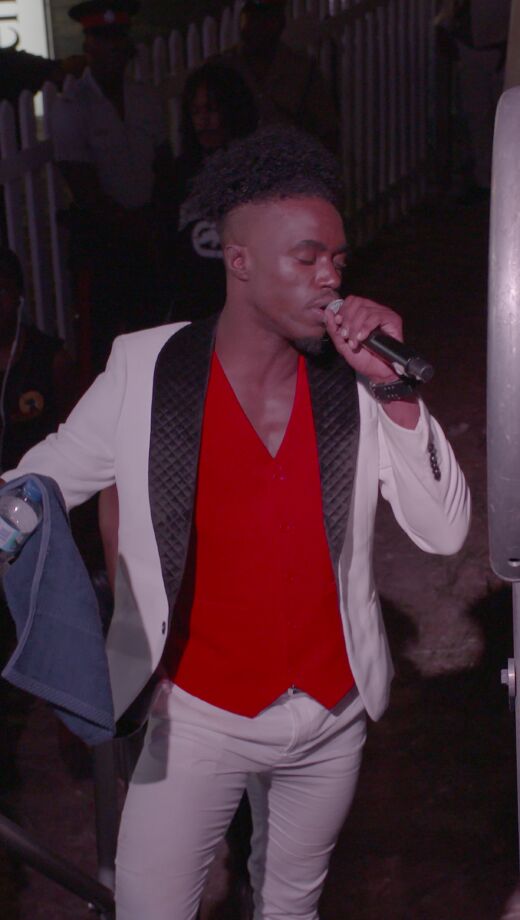Dalton Harris
Pushing boundaries to find his voice
While Jamaican singer Dalton Harris was making it big in the United Kingdom, he became the victim of vicious homophobic attacks in his home country. At the time, he didn’t speak out about his sexuality. After he did, it was ‘cleansing’, he says. ‘It was important for me to not run away from who I was.’
It was the TV programme The X Factor that made him a household name in the UK. His incredible singing voice stunned audiences week after week, eventually making him the winner of the competition. This achievement did not bring him immediate hits and big shows, however, causing Dalton to descend into a period of self-doubt and depression.
This also had a lot to do with the reactions to his success in his home country Jamaica. Although he avoided speaking out about his sexuality, a photograph depicting Dalton sitting on another man’s lap was met with severe backlash on social media. More than 150 years ago, British colonial law made sex between men illegal on the island. To this day, these laws are still in place and are used to justify violence against LGBTIQ+ people.
The documentary Dalton’s Dream follows him during the years after his X Factor success. We see him returning to Jamaica, where he visits the house where he suffered neglect and abuse during his childhood. Back in London, we see him struggling with himself and his career. A big turnaround comes when he publicly declares that he is pansexual.
‘I knew I was pansexual since I was probably 5,’ he says. ‘It’s going to be tough for me because I’m probably the first openly gay or pansexual guy out of Jamaica. I am the one breaking the wind, so I’m going to get all the turbulence. But hopefully, someone who comes after me will have an easier journey.’ Nowadays, he has found his natural voice, both as a singer and as an advocate on mental health issues and LGBTIQ+ rights.
Dalton’s Dream is shown at the Movies that Matter Festival 2024, where Dalton Harris will be a special guest.
